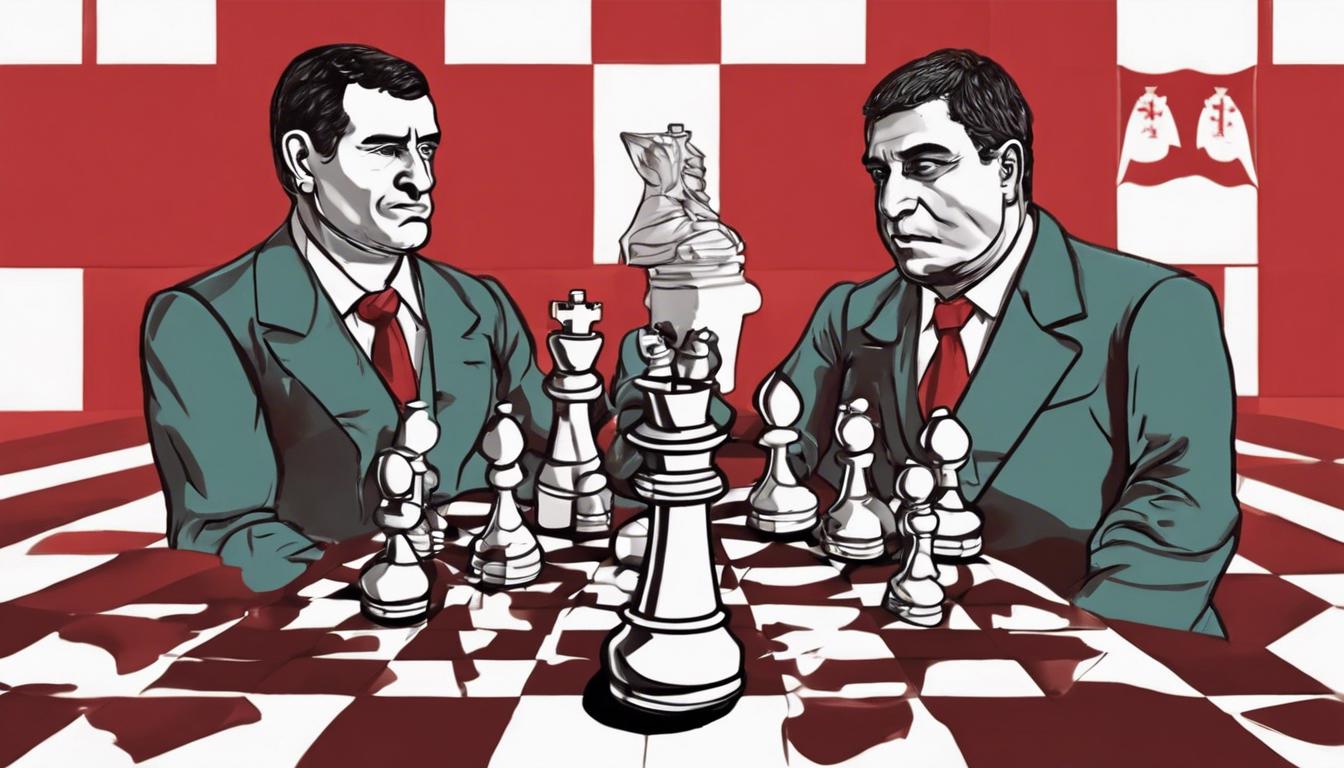Following the recent parliamentary elections, Portugal faces a significant political shift, with the centre-right Democratic Alliance winning narrowly and the far-right Chega party gaining ground, presenting challenges in forming a new government.
Portugal’s recent parliamentary elections have significantly altered the country’s political scene, highlighting a shift towards the right and presenting a possible reconfiguration of alliances. The centre-right Democratic Alliance (AD), led by Luís Montenegro, narrowly won the election, securing 79 seats in the 230-seat assembly, and has since been navigating the challenges of forming a government amidst the surge of the far-right Chega party, which increased its parliamentary presence fourfold.
Chega, led by André Ventura, secured 18% of the votes, positioning it as the third political force in the country. Despite Chega’s notable gains and the call from Ventura for representation reflecting the public’s desire for change, mainstream parties, including the AD and the Socialist Party, have taken a firm stand against forming a coalition or pact with Chega, citing its controversial policies and positions labeled as racist and xenophobic by critics.
Montenegro’s AD, even in its victory, faces a precarious path to governance, with Montenegro ruling out any deals with Chega and expressing an intention to form a minority government without far-right support. This stance is underscored by concerns over Chega’s policies and rhetoric. The possibility of governing without Chega’s support remains uncertain, forcing Montenegro to consider other potential alliances to achieve a functioning majority.
The election results reflect a broader European trend of increasing support for far-right parties, sparked by dissatisfaction with traditional political parties over issues such as economic performance, housing, wages, and public services. Chega’s campaign capitalized on these issues, appealing to a wide range of voters, including those disenchanted with the former ruling Socialists, centre-right supporters, and first-time voters.
As Portugal stands at a political crossroads, the formation of a new government hangs in the balance, with all eyes on Montenegro and the AD’s next moves. The refusal to collaborate with Chega sets a clear division in Portuguese politics, as the country grapples with its future direction amidst a polarized electorate. The outcome of these elections not only reshapes the Portuguese political landscape but also signals a cautionary note for wider European politics in addressing the rise of far-right movements.













